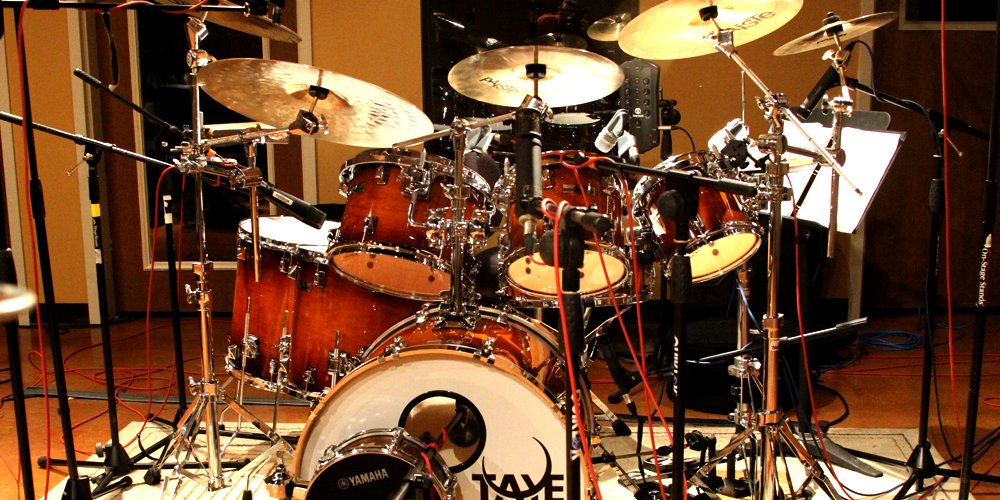Atlanta Institute of Music and Media, based in Duluth, Georgia, has announced that they have recently posted an article on frequently asked questions regarding music production. The music production FAQ article offers helpful content for aspiring music producers, who love recording mixing, and mastering music. They want to point out that music production is much more than just editing music content. Oftentimes, music producers need to function like project managers and this may entail leading sound engineers, changing creative components, and keeping everything organized.
The questions answered in the FAQ article include the role of the music producer, how much music producers make, how many years of college is required for music production, the degree that is required for music production, and the schools that offer music production.
On the question on what is music production, it is important to note that it used to convert a new song or music into something that is in the best condition for easy consumption. The job of a music producer entails organizing the raw music into a structured and cohesive song; adding individual sounds; determining when and how each section of the song is played; taking charge of the engineer working on the track, and work with the musician in the creation of new music content within the song, which can involve playing some instruments.
Meanwhile, the long hours of work as a music producer can also result in a substantial pay. Depending on their reputation and other factors, music producers may be able to sign a contract that guarantees 2.5 percent of the album sales and they may get a $10,000 advance for each song.
To really distinguish themselves from others, music producers usually get a college education. There are bachelor degrees and associate degrees for music production. It should be noted that while bachelor degrees may be preferred because they require four years to complete, the associate degrees may actually be better because they are faster, condensed, and students still receive the same valued education. Furthermore, the cost of an associate degree is usually much less than the cost of a bachelor’s degree.
When looking for schools that offer a degree in music production, AIMM provides a hands-on, immersive environment where students are taught by industry-leading instructors from exclusive studios. The AIMM campus is made up of a performance all, recording studios, practice areas, computer labs, private lesson rooms, media center library, digital practice rooms, and a student lounge. Alumni of AIMM include various successful musicians, sound engineers, media students, and audio producers such as Turbo the Great, Kesha Lee, Tosin Abasi, Terrell Sass, Stephen Freeman, J Bake, Devon (Stixx) Taylor, Andrew Tanguay, Cameron Allen, and Aaron Soriero.
Specifically, AIMM offers the Associate of Applied Science in Music Production and Audio for Media (MPAM) Program. The curriculum for this program is designed to provide the student with an education that is both specifically tailored and well-rounded to meet the requirements of a rapidly changing audio industry. Graduates have an in-depth understanding of recording, mixing and mastering. And aside from their musical education, students also get training in Automated Dialogue Replacement (ADR), Location Sound, and Sound Design for Film and Gaming.
The MPAM program has been designed for students looking to optimize their income streams by capitalizing on all aspects of the modern audio field. It consists of courses that provide graduates with the ability to obtain Pro Tools Certifications in music production and audio for film and post-production.
The MPAM program can be completed in 18 months of accelerated studies, 24 months of full time studies, or 30 months of 3/4 time enrollment. Those who complete the program and are of good standing will not just get an Associate Degree but also an opportunity to take AVID Certification Exams to become Pro Tools Certified.
AIMM offers an effective process for the vocational training of musicians, and audio production and recording engineering students. As such, they have established a well-rounded curriculum, stage performances, classroom instruction, recording studios, computer labs, and live clinics.
Those who need more information about obtaining a music production degree can visit their website or contact them through the telephone or by email.
from Press Releases https://www.pressadvantage.com/story/29811-atlanta-institute-of-music-and-media-publishes-post-on-music-production-faq
via IFTTT


